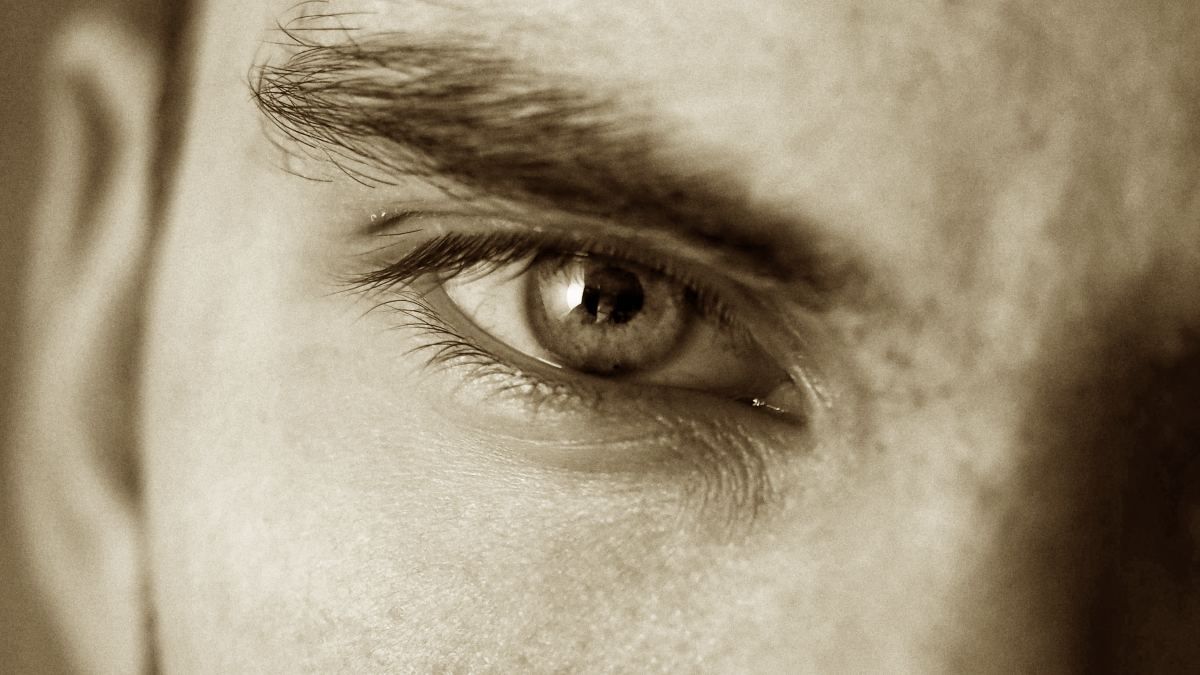
3 Reasons Why Jealousy Appears In Even The Healthiest Of Relationships
Love and fear are two powerful emotions. Mix them together, and you create an unstoppable force. Here's how, and why it can't often be helped.

By Mark Travers, Ph.D. | June 11, 2024
Love and infatuation are accompanied by a myriad of emotions, both good and bad. Jealousy is one such pervasive and deeply ingrained emotion that arises from the fear of losing a cherished connection to a potential rival. It can have protective as well as destructive consequences—on one hand, it can motivate people to strengthen their bond, while on the other, it can lead to mistrust and conflict.
Romantic jealousy is a complex emotion and its roots go very deep into our psyche—down to the psychological and evolutionary strata. Running away from or "rising above" jealousy is not an option for most, so we might as well try and understand it.
Here are three factors responsible for the green-eyed monster we call jealousy, according to research.
1. Jealousy's Evolutionary Roots
Jealousy is more than a mere emotional response to having a potential rival around a significant other. Its roots are planted firmly in evolution, serving to protect an individual's relationship.
A 2023 study published in Evolutionary Psychological Science explained the evolutionary motivations behind jealousy. Romantic jealousy serves to reduce the costs of infidelity by generating a negative emotion that prompts corrective action to eliminate it.
For instance, jealousy makes a person sensitive to clues that their partner is cheating. Upon detecting such clues, the person might undertake corrective actions like monitoring their partner, looking through their phones to determine the truth or end the relationship. The fear of these actions acts as a deterrent for people to be unfaithful.
Additionally, a 2022 study published in Evolution and Human Behavior found that genetic factors account for 29% of variation in jealousy. Thus, jealousy's grip on love is partly influenced by individuals' predisposition to experience intense envy and an innate need to shield themselves from heartbreak.
2. Interpersonal Triggers Behind Jealousy
Interpersonal dynamics within a relationship and a person's own perceptions play a role in experiencing romantic jealousy. The study published in Evolution and Human Behavior provided several factors that ignite sparks of jealousy.
Lower mate value—perceiving one to be less attractive than their significant other—leads to experiencing intense jealousy as the person might feel vulnerable about losing one's partner to a more attractive rival. Having been cheated on by a previous or current partner and less trust in a person's current partner will also exacerbate the experience of jealousy.
Additionally, a 2017 study emphasized that jealousy depends on potential rival's characteristics, such as physical attractiveness, height and voice. Sensitivity to threats posed to a person's relationship can be considered a natural manifestation of the instinct to safeguard and preserve it.
3. Personality And Attachment Incite Jealousy
The intensity and expression of romantic jealousy tends to be influenced by peoples' personalities and attachment styles. A 2022 study published in Frontiers in Psychology highlighted how these factors lead to a jealous heart.
- Individuals with high neuroticism feel greater romantic jealousy as their impulsivity and anger can intensify their feelings toward their partner and rival.
- Individuals with low agreeableness experience heightened jealousy because of their lack of trust and general tendency to believe that others are malevolent.
- Individuals with low openness to experience feel greater romantic jealousy as they struggle to regulate their responses to a relationship threat and meet their partners' potentially suspicious behavior with extreme frigidity.
Among the attachment dimensions, anxiously attached individuals experience greater romantic jealousy due to their feelings of inadequacy and fear of being abandoned.
Understanding the roots of romantic jealousy can help us recognize that jealousy is a natural response shaped by both biology and personal experiences. Romantic jealousy often reflects underlying concerns about the stability of the relationship, and managing it requires open communication, trust, and self-reflection to ensure it does not undermine the very connection it aims to protect.
Are you a jealous partner? Take the Emotional Jealousy Scale to know if your jealous tendencies are a cause for concern.
A similar version of this article can also be found on Forbes.com, here.
